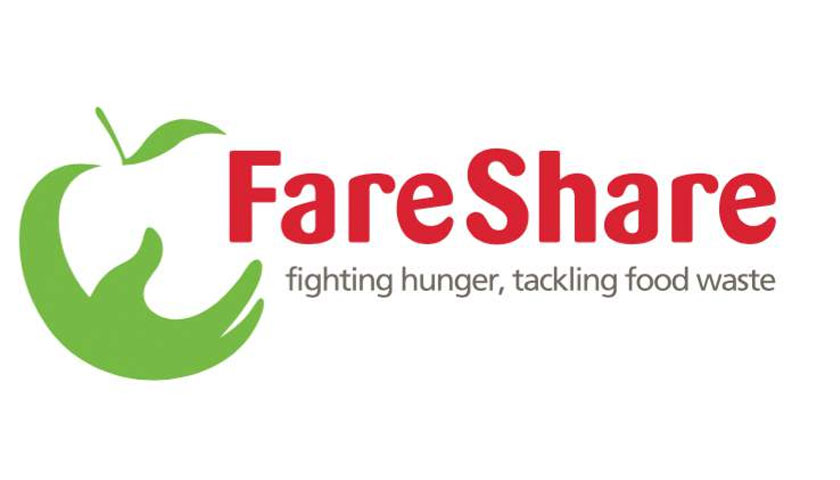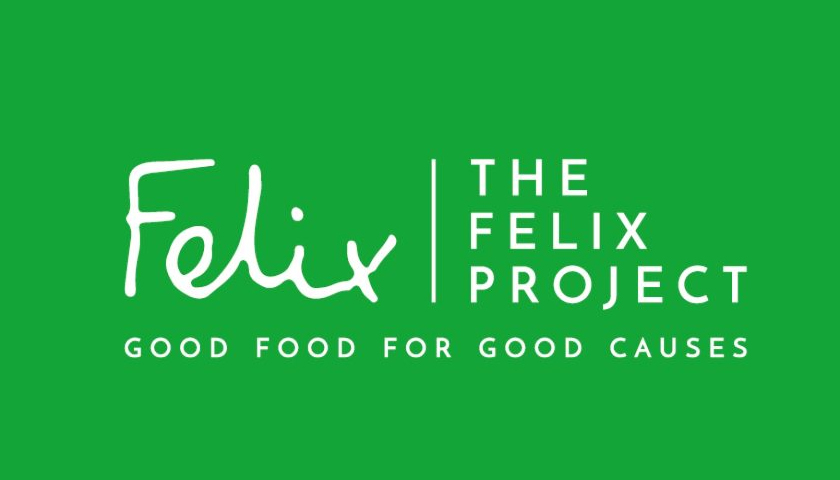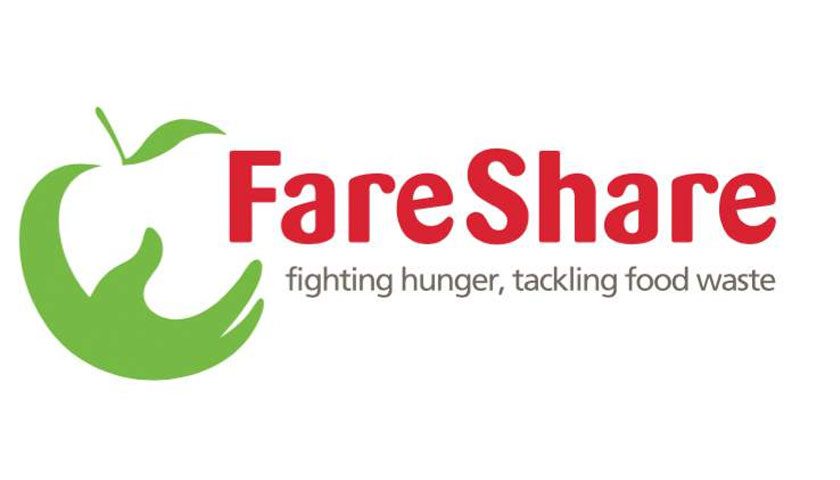Almost half (42%) of 18 to 24 year-olds in the UK are cutting back on socialising with friends due to the cost of living crisis, according to a new YouGov survey from FareShare, the UK’s largest charity tackling food waste for social good.
Charities across the FareShare network have expressed growing concern about the impact of loneliness and isolation on the wellbeing of people they support, including more younger people.
The survey shows that over half (52%) of 25 to 34 year olds will avoid meeting with friends this year, as rising costs add to the rising rate of loneliness in the UK.
The findings come as charities that receive food from FareShare prepare for a busy festive season. FareShare delivers the equivalent of 128 million meals a year – that’s 4 meals a second – with demand set to increase beyond the festive period.
The charities FareShare supports bring communities together through shared meals year-round, helping fight the loneliness and isolation that can come with food insecurity. More than half (51%) of these recently reported being extremely concerned about the wellbeing of the people they support due to increased loneliness and isolation. Most charities (71%) also recognised that their work bringing people together through food was of even greater importance during the winter months.*
George Wright, CEO at FareShare said: “Food insecurity fuels both hunger and loneliness. Without enough food, socialising with friends becomes a challenge, affecting young people across the UK. Instead of enjoying the festive season with their friends and colleagues, they’re facing a lonely winter worrying about whether they can afford enough food. FareShare provides food to 8,500 charities across the UK, including local community centres, homelessness charities, domestic abuse refuges, youth centres and thousands of charities that support children. These groups turn surplus food into meals that bring people and local communities together. Our food partners have continued to commit on reducing food waste and getting more edible surplus food to where it’s needed most. It’s time for our Government to catch up and help get good food to people who are struggling.”
Emma Bell, who runs Embells Community Support Project in Gateshead, a charity which receives food from FareShare said: “At our community market and food pantry we are seeing more younger people coming along to access support services. We have found many of them are struggling with isolation, which can affect them accessing the support they need. We have just started a free weekly community lunch service to bring those who are lonely and isolated together, and in the New Year we are going to set up a wellbeing group to where people can talk, access food and other support services.”
Despite the efforts of the FareShare network, rising food insecurity has caused skyrocketing demand for FareShare, which provides surplus food that would otherwise go to waste to over a million people in need across the UK. Yet 3 million tonnes of food goes to waste on UK farms every year.
FareShare is calling on the Government to help fund food surplus redistribution and get 100 million more meals out to people in need this winter via their nationwide network of 8,500 charities and community groups.
The YouGov survey also showed that the British public is increasingly concerned with how rising costs impact their community’s lives, with six out of 10 agreeing that people in the UK were at a higher risk of loneliness due to the cost of living crisis.
With local charities facing huge demand, FareShare needs more support to ensure that good-to-eat food goes to people who need it this winter, not to waste.
*Results taken from an independent survey of 680 charities receiving food from FareShare, specifically focused on wellbeing of service users during the winter.
All figures, unless otherwise stated, are from YouGov Plc. Total sample size was 2167 adults. Fieldwork was undertaken between 6th – 7th December 2023. The survey was carried out online. The figures have been weighted and are representative of all UK adults (aged 18+).


